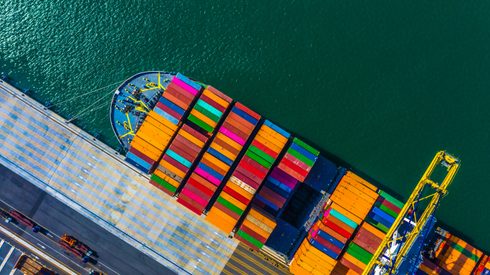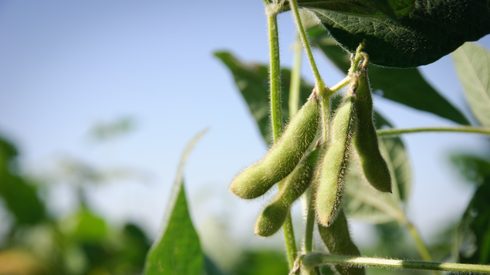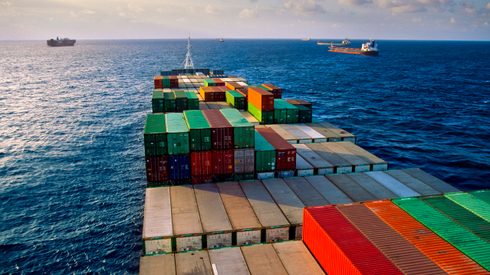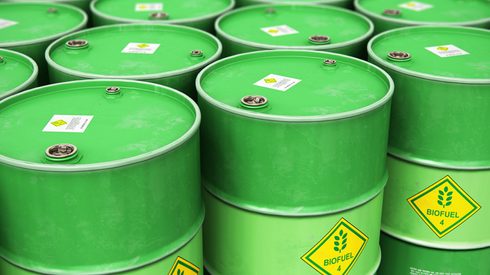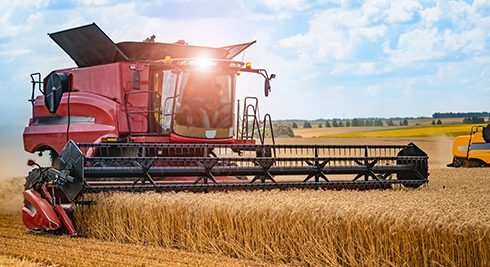Estimates for the 2023-24 corn acreage and output in Brazil’s largest agricultural-producing state of Mato Grosso have been downgraded due to low corn prices and delays on soybean planting while uncertainties over the soybean crop mount, the state’s agriculture institute IMEA said in its weekly bulletin late Monday, November 6.
Acreage figures were cut by 1.1% to 7.2 million hectares with output projections down in tandem to 44.9 million tonnes as expected yields were kept unchanged.
“The cut is due to farmers’ uncertainties as low corn prices are not covering production costs,” IMEA said.
The institute added that soybean sowing delays due to adverse weather conditions may also jeopardize corn planting within the ideal window.
IMEA has also reduced domestic corn demand estimates by 0.7% to 46.1 million tonnes.
The reduction came on the back of lower export projections, which were pegged 1.2% below figures set forth in October at 26.9 million tonnes.
Soybean output
IMEA expects Mato Grosso to export a record volume of 27.8 million tonnes of soybeans during the 2022-23 marketing year. At the same time the agency has slightly cut domestic demand compared with the previous report due to a slower crushing pace to date.
The institute now pegs crush estimates for the 2022-23 marketing year at 12.7 million tonnes, only 0.1% below October’s figures.
For the upcoming 2023-24 crop, crush numbers were downgraded by 0.3% to 13.6 million tonnes while inter-state demand was lifted by 1.5% to 3.3 million tonnes.
The institute has not altered its projections for new crop acreage, yields and output, with the latter still pegged at 43.8 million tonnes, but said red flags are up due to weather-related headwinds.
“Over the past month, rainfall levels have been lower than in the same period last year and below what is necessary for the development of crops, leading to planting delays,” IMEA said.
According to the institute, on-the-ground sources said that large areas will need to be replanted and this may influence the decision of farmers regarding what to plant in those areas, especially for those planting second crop cotton.
Click here to view our soy prices


